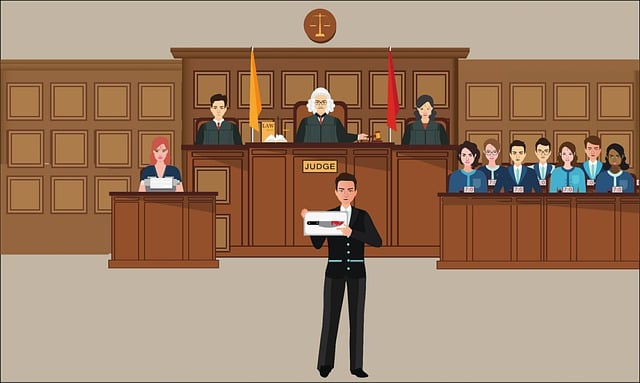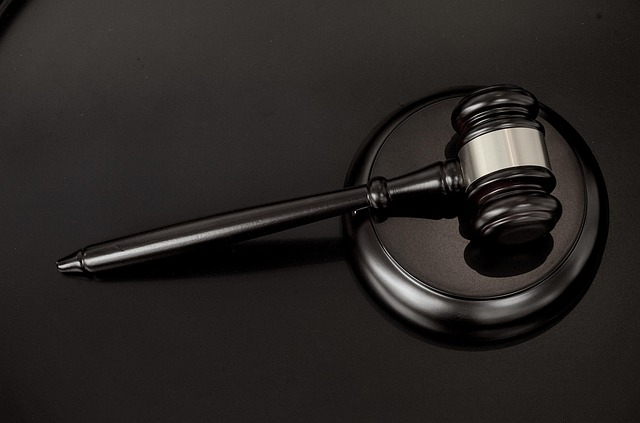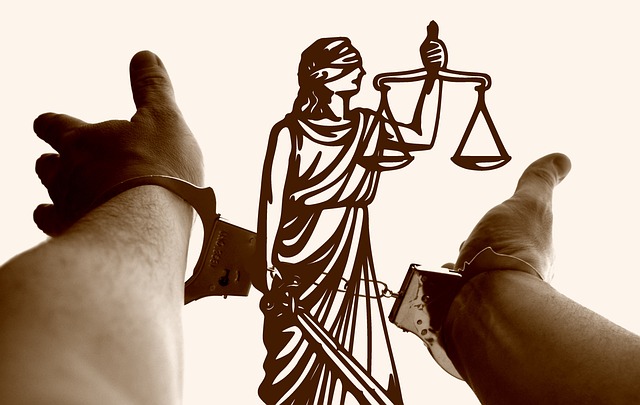Victims of medical negligence injuries need specialized legal help to navigate complex cases involving misdiagnosis, wrong surgeries, and inadequate treatment. These attorneys interpret medical documentation, gather expert opinions, and handle legal procedures, ensuring victims receive fair compensation for physical pain, emotional distress, and financial strain, as well as long-term care and rehabilitation.
When facing medical negligence, finding the right support is crucial. This article explores what victims need from an experienced attorney dedicated to advocating for their rights. We’ll delve into understanding the complexities of medical negligence injuries, highlighting the vital roles and responsibilities of legal counsel. Additionally, we’ll guide readers on how attorneys can provide essential support throughout the legal process, ensuring victims receive the justice and compensation they deserve for their endured hardships.
- Understanding Medical Negligence Injuries
- Roles and Responsibilities of an Attorney
- Supporting Victims Through the Legal Process
Understanding Medical Negligence Injuries

Medical negligence injuries can arise from a wide range of scenarios, including misdiagnosis, wrong-site surgeries, medication errors, and inadequate treatment plans. These incidents often result in significant physical pain, emotional distress, and financial burdens for victims. Understanding the complexities of medical negligence is crucial when seeking legal counsel. A competent attorney specializing in these matters can help navigate the intricate web of medical documentation, expert opinions, and legal procedures to ensure justice for the harmed individual.
Victims of medical negligence, regardless of whether it involves a car accident lawyer Miami or an Orlando truck accident lawyer, require legal representation that possesses deep knowledge of both the medical aspects and the legal process. Such injuries can have long-lasting effects on one’s health and quality of life, making it essential to secure representation that can advocate for fair compensation and accountability from the responsible parties.
Roles and Responsibilities of an Attorney

When it comes to medical negligence injuries, victims need a dedicated advocate who understands the complexities of their situation. An attorney specializing in medical negligence plays a pivotal role in ensuring that affected individuals receive the justice and compensation they deserve. Their primary responsibility is to protect the rights of clients who have suffered harm due to medical errors or failures. This involves thoroughly investigating the case, gathering evidence, and constructing a compelling argument to support the injury claim.
These legal professionals guide their clients through the intricate process of filing a truck accident compensation or car accident lawyer claim, ensuring they understand their options and entitlements. They negotiate with insurance companies, navigate bureaucratic procedures, and represent their clients in court if necessary. An attorney’s expertise is instrumental in helping victims secure fair settlements or verdicts, covering medical expenses, pain and suffering, and other relevant damages stemming from medical negligence.
Supporting Victims Through the Legal Process

When facing medical negligence injuries, victims often feel overwhelmed and vulnerable. A medical negligence attorney plays a crucial role in supporting them throughout this challenging legal process. They provide guidance and advocacy, ensuring that victims’ rights are protected. These attorneys help navigate complex medical records, expert opinions, and legal procedures, which can be daunting for those who have already endured significant physical and emotional strain.
A skilled lawyer will also address the broader impact of medical negligence, especially in cases involving wrongful death or severe injuries. They fight to secure compensation for not just the immediate medical expenses but also long-term care, rehabilitation, and pain and suffering. Furthermore, they may explore concepts like breach of fiduciary duty to hold healthcare providers accountable for their actions, ensuring that victims receive justice and are able to access the resources necessary for healing and recovery.
When facing the aftermath of medical negligence, victims require not only support but also guidance from a qualified attorney. These legal professionals play a pivotal role in navigating the complexities of medical negligence cases, ensuring that victims receive the justice and compensation they deserve for their sustained medical negligence injuries. Through meticulous documentation, expert testimony, and unwavering advocacy, attorneys empower victims to transform their experiences into positive outcomes.






